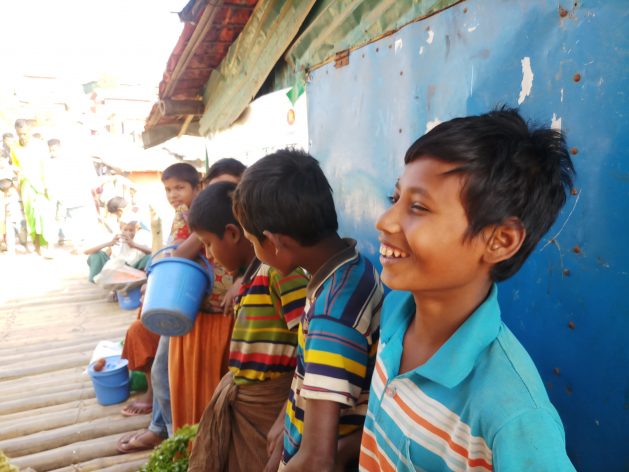Children in more than 100 countries are at risk of violence, exploitation and abuse due to the disruption of important violence prevention and response services during the Covid-19 pandemic. Children have ‘nowhere to turn’, as Covid-19 hits protection, social services, said a survey of UN Children’s Fund (UNICEF), reports UN News.
“We’re just beginning to fully understand the damage done to children because of their increased exposure to violence during pandemic lockdowns,” UNICEF Executive Director Henrietta Fore said in a news release on Tuesday.

“Ongoing school closures and movement restrictions have left some children stuck at home with increasingly stressed abusers. The subsequent impact on protection services and social workers means children have nowhere to turn for help.”
The UN agency’s Socio-economic Impact Survey of Covid-19 Response revealed that 104 countries out of 136 responding reported interruptions or suspensions of services such as case management, referral services and home visits by child welfare and social workers to children and women at risk of abuse.
According to UNICEF, violence prevention programmes, children’s access to child welfare authorities, and national helpline services have also been affected, as countries adopted measures to prevent and contain Covid-19.
The survey showed that around two-thirds of countries had at least one service severely affected, including South Africa, Malaysia, Nigeria and Pakistan, with South Asia, and Eastern Europe and Central Asia having the highest proportion of countries reporting disruptions in service availability.
Widespread exposure to violence
According to UNICEF, even before the pandemic, children’s exposure to violence was widespread, with about half of the world’s children experiencing corporal punishment at home.
Roughly three in four children aged 2 to 4 years regularly subjected to forms of violent discipline, and one in three adolescent girls aged 15 to 19 having been victimised by their intimate partner at some point in their lives.
Furthermore, during Covid-19, limited contact with informal support networks such as friends, teachers, childcare workers, extended family and community members have left children and families more vulnerable.
In response, UNICEF is supporting governments and partner organisations to maintain and adapt critical prevention and response services for children affected by violence during the pandemic.
For instance, in Bangladesh, UNICEF has provided personal hygiene items including masks, hand sanitisers and eye protectors for social service workers to safely support children living on the streets, in slums, and in climate-affected and hard-to-reach areas, as well as recruiting and training additional social workers for the national child helpline.
“Child protection systems were already struggling to prevent and respond to violence against children, and now a global pandemic has both made the problem worse and tied the hands of those meant to protect those at risk,” added Fore.
“In times of crisis, governments must have immediate and long-term measures that protect children from violence, including designating and investing in social service workers as essential, strengthening child helplines and making positive parenting resources available,” she said.




